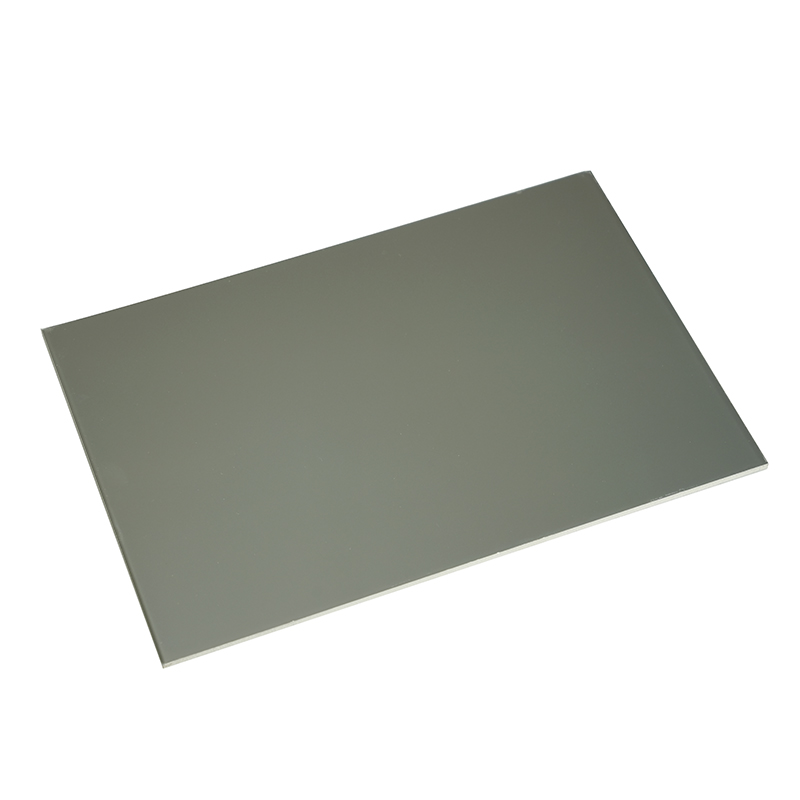Compared to single materials, stainless steel composite panels have several significant performance advantages, primarily reflected in the following aspects:
Strength and Durability
High Strength: The tensile strength of stainless steel composite panels is much higher than that of pure stainless steel, reaching over 280MPa, while the tensile strength of pure stainless steel plates is generally around 190MPa. This high strength allows stainless steel composite panels to be used in thinner gauges under the same load, thereby reducing overall weight and lowering costs.
Durability: Due to the combination of stainless steel's corrosion resistance and carbon steel's strength, stainless steel composite panels offer greater durability. They can maintain stable performance in harsh environments for extended periods, thereby extending their service life.
Corrosion Resistance
Excellent Corrosion Resistance: The surface coating of stainless steel composite panels is made of stainless steel, inheriting the strong corrosion resistance of stainless steel. This property allows stainless steel composite panels to maintain stable performance in humid and highly corrosive environments, reducing the frequency of maintenance and replacement.
Thermal Conductivity
High Thermal Conductivity: The thermal conductivity of stainless steel composite panels is three times that of pure stainless steel, making them significantly advantageous in applications requiring rapid heat transfer. For example, in coking equipment, stainless steel composite panels can improve thermal efficiency and reduce energy consumption.

Machinability
Good Machinability: Stainless steel composite panels have good machinability and can withstand repeated bending, shearing, and punching processes without delamination or cracking. This property makes stainless steel composite panels more flexible and convenient in manufacturing complex shapes and structures.
Cost-Effectiveness
Cost Reduction: The base material of stainless steel composite panels is carbon steel, which is much cheaper than stainless steel. Therefore, using stainless steel composite panels can significantly reduce material costs while maintaining the same performance. Additionally, due to the high strength and good durability of stainless steel composite panels, the thickness of the panels can be appropriately reduced during use, further lowering costs.
Environmental and Sustainability
Environmental Advantages: The production process of stainless steel composite panels uses advanced rolling and brazing techniques, which are more environmentally friendly compared to traditional explosion bonding methods and have shorter delivery times. Additionally, stainless steel composite panels have good recyclability, meeting the requirements of sustainable development.
Stainless steel composite panels offer significant performance advantages over single materials (such as pure stainless steel) in terms of strength and durability, corrosion resistance, thermal conductivity, machinability, cost-effectiveness, and environmental sustainability. These advantages provide stainless steel composite panels with broad application prospects in various fields.